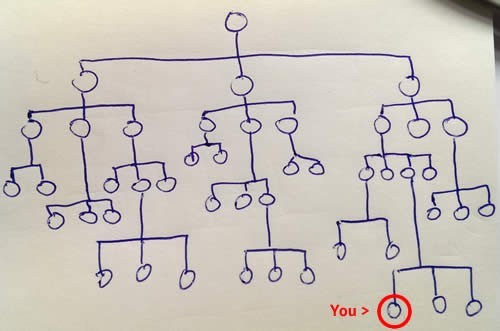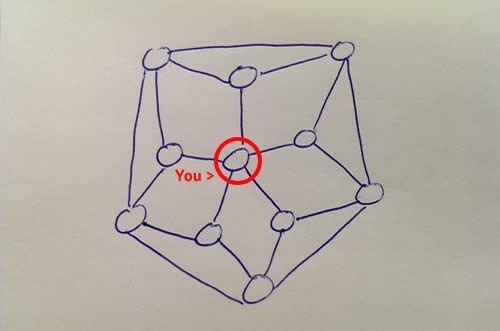This past week I spent three days hanging out with the activists and thinkers who attended the Open Campaigns Camp. Participants included loads of folks from Greenpeace, but also other activist organizations like 350.org, 38 Degrees, Change.org, Witness and more. I could write two reflection posts – a happy-go-lucky one about how I’m eager to share resources that can help people learn participatory methodologies and implement open strategies, OR a deeper reflection that openness as a trait is socially and culturally influenced and that organizational openness depends on individual openness.
Guess which I’m picking.
I was quite pleased to meet people outside of the open technology community, especially because I tend to forget just how radical the idea of “open” is. Open, participatory event formats are still new outside of my standard networks. Honest, direct conversation is hard for most people. Agile power structures and dynamic leadership is unimaginable. People learn that they have to hold their cards close to the chest (metaphorically, this is important when playing poker).
Many people are ready to be open in their work, but there is a kind of emotional legacy that influences whether or not open practices can be developed within a particular team or person, and therefore in an organization as a whole. To be open, organizations and the people within them have to overcome aspects of their identities and emotions. They have to reflect on and give tribute to the social and cultural norms that define us. And not just one person, but all the people in an organization.
I’m fascinated when I notice my ego is dealing the cards, or my fears are influencing my behavior. For me, it’s terrifying to realize that someone else’s distrust is just a symptom of their internal perceptions. People need proof that open can work, they need examples, and they need guides on how to implement open in their individual contexts – but the majority of open starts with navigating your own power and ego.
As a “has a problem with authority” person, I have some ideas on how we might influence and navigate tradition hierarchical structures. I’ve said it in the past, it starts with leading by example.
We start here:

When we get to here, we’ve developed certain understandings of our selves (“I earned this”, “I deserve this”, “I’m responsible”, “I have more experience”, “I am better equipped”):

The system has taught us what is true, we DO deserve it. We ARE more experienced. We ARE better equipped. These understandings equate to ego. But what if, you implemented agile power structures from the beginning? What if you create this structure each time you are working with a different set of colleagues?

What if you weren’t always at the center, and you allowed other people to take control based on skills and competencies within a specific context?

If you taught yourself to work like that, when you move up within the traditional hierarchy, theoretically you would take a bunch of people with you. This is an attitude thing, a self development thing. If you see yourself at the bottom, you will make decisions based on your perceived station. Fear will handicap you. You will allow yourself to be filtered through your boss, even if your boss doesn’t have the specialized knowledge you do. And if you attribute your “advancement” to your own behaviors and actions, instead of the work of a collective whole, your ego will become misaligned with that which is actually true – you aren’t any better than any one else. We’re equals here on this planet.
Open is an attitude, not a set of processes and procedures. Holding on to it despite potential repercussions is an act of courage because most people hold on to the cultural and social norms they’re used to.